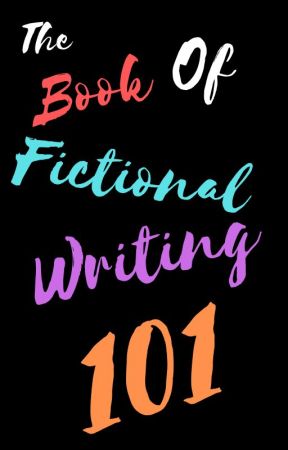For other legendary and mythological weapons not exclusively swords, see Legendary Weapons.
Excalibur: Possibly the most well known sword in the western world. Traditionally used by King Arthur, given to him by the Lady of the Lake. In some versions, it is the sword he pulls from the stone, although in most tellings the two are separate.
Masamune(s): Swords crafted by the legionary Japanese swordsman Masamune. Generally regarded to be national treasures.
Kusanagi no Tsurugi: One of the three regalia of Japan, said to have the power to control the wind. Dope.
Gram: The sword of the Nordic hero Sigurd (also called Siegfried) used to slay the dragon Fafnir.
Zulfiqar: The scissor-like blade of Ali ibn Abi Talib; prominently featured in Shia jewelry and art.
Flaming sword: wielded by Cherubs who guard the entrance to the Garden of Eden.
Nægling: The magical sword used by Beowulf to slay Grendel's mother
Clarent: A sword used for ceremonies and knighting; stolen by Mordred and used to kill King Arthur.
Grail sword: The sword of Sir Percival used during the hunt for the Holy Grail
Leg-biter: Sword of Magnus Barefoot. The is the best name on this list.
Lævateinn: Appears in the poetic Edda, Lit. meaning "Damage twig". A close contender to Leg-biter.
Kogitsune-maru: Lit. "Little Fox". A sword forged by Munechika with assistance from Inari Okami.
Khana: A double-edged straight sword said to represent knowledge slicing through ignorance. Wielded by Hindu and Buddhist deities in art.
Gan Jiang and Mo Ye: A pair of twin swords from China named after their creators, a sword-smithing couple.
Harpe: An adamantine sword used by the Greek hero Peruses to slay the gorgon Medusa.
Cruaidín Catutchenn: The sword of the Celtic hero Cú Chulain.

YOU ARE READING
The Book of Fictional Writing 101
Non-FictionA handy lexicon of terms used in and applied to literary fiction and what they actually mean, as well as some ideas on how to improve your writing.
